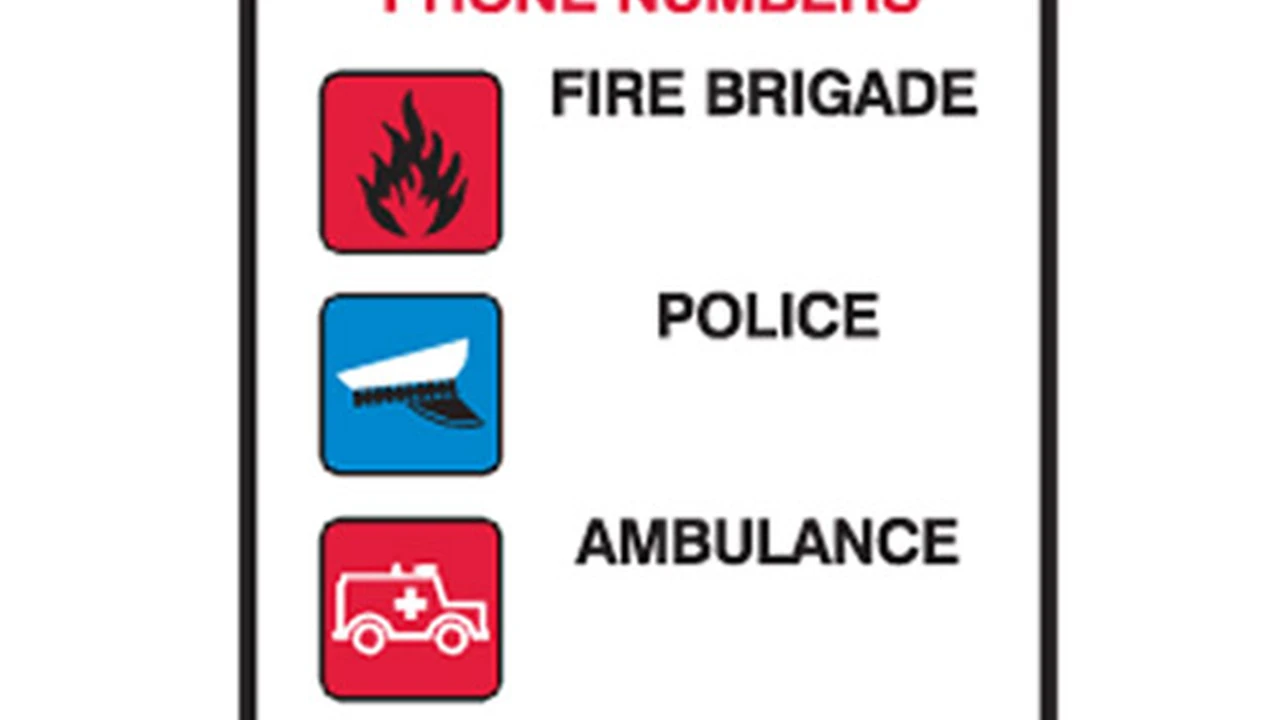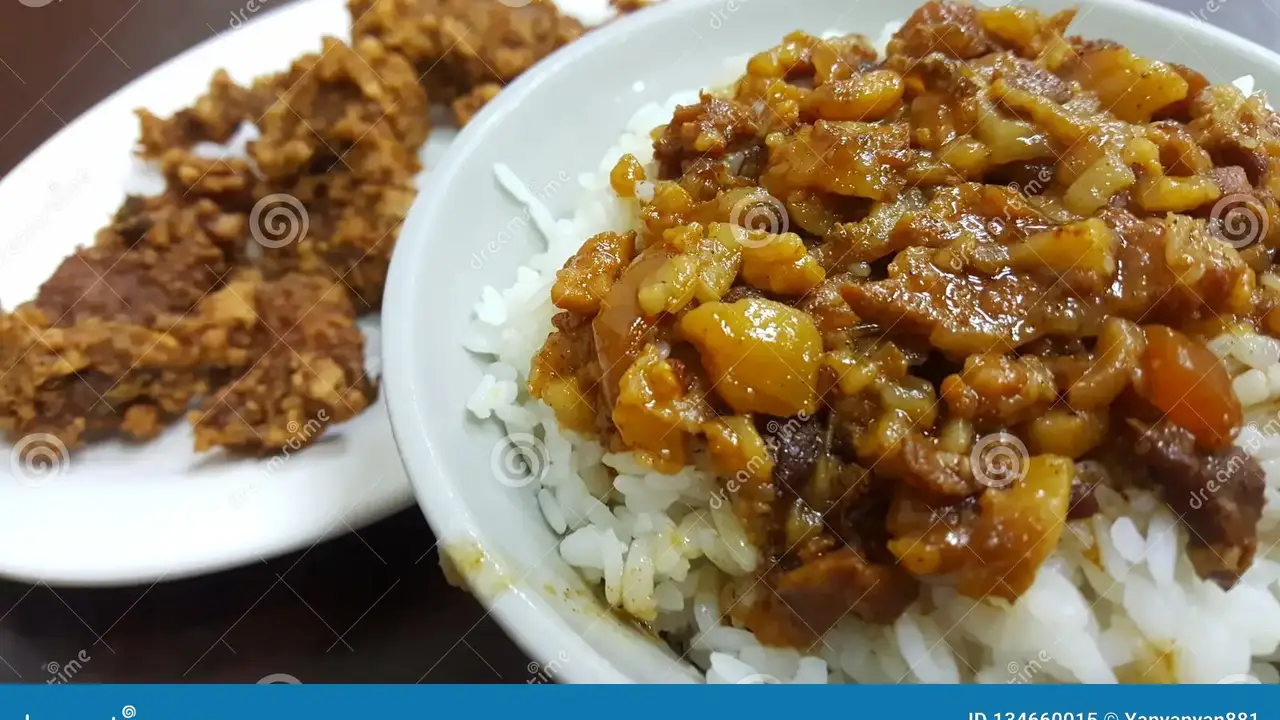Taiwan Hospitals and Medical Care: Accessing Healthcare
好的,以下是根据您的要求,针对“Practical Information”类别下“Taiwan Hospitals and Medical Care: Accessing Healthcare”文章的详细内容:Sample meta description."/>Sample meta description.

So, you're in Taiwan, and maybe you need to see a doctor. Don't panic! The healthcare system here is generally pretty good, but it can seem a bit daunting if you're not used to it. This guide will walk you through everything you need to know about accessing healthcare in Taiwan, from understanding the National Health Insurance (NHI) to finding a good hospital and even some product recommendations for your health needs.
Understanding Taiwan's National Health Insurance (NHI) - Your Key to Affordable Healthcare
First things first: the NHI. This is Taiwan's universal healthcare system, and it's pretty awesome. If you're a resident with an Alien Resident Certificate (ARC), you're generally required to enroll. Even if you're not eligible for NHI, don't worry, we'll cover your options too.
Who is eligible for NHI? Basically, anyone with an ARC who has been residing in Taiwan for a certain period. The exact rules can be a bit complex, so check the National Health Insurance Administration's website for the most up-to-date information. Typically, after six months of continuous residence, or if you have employment, you are eligible.
How does NHI work? Once you're enrolled, you'll pay a monthly premium (deducted from your salary if you're employed). This covers a wide range of medical services, including doctor visits, hospital stays, and even some dental and vision care. You'll usually pay a small co-payment each time you see a doctor or get treatment.
What if I'm not eligible for NHI? If you're not eligible for NHI, you'll need private health insurance. Several companies offer plans tailored to expats. It's definitely worth the investment, as medical costs can be high without insurance.
Finding a Doctor or Hospital in Taiwan - Navigating the System with Ease
Okay, so you're covered by NHI (or private insurance). Now, how do you actually find a doctor or hospital? There are a few options:
Ask for recommendations: Talk to friends, colleagues, or other expats. Word-of-mouth is often the best way to find a good doctor.
Use online directories: Many websites list doctors and hospitals in Taiwan, often with reviews from other patients. Look for directories that allow you to search by specialty and location.
Go to a hospital directly: Many hospitals have outpatient clinics where you can see a doctor without an appointment. However, wait times can be long.
Consider clinics: Smaller clinics are often more convenient and offer shorter wait times than hospitals. They're great for routine checkups and minor illnesses.
Language Considerations: Many doctors in Taiwan speak English, especially in larger cities. However, it's always a good idea to confirm beforehand. Don't hesitate to ask if they have English-speaking staff.
The Consultation Process - What to Expect During Your Visit
So, you've found a doctor and made an appointment. What happens next? Here's a general overview of the consultation process:
Registration: When you arrive, you'll need to register at the front desk. Bring your NHI card (if applicable) and your ARC or passport.
Consultation: The doctor will ask you about your symptoms and medical history. Be prepared to answer questions clearly and concisely.
Examination: The doctor may perform a physical examination.
Diagnosis and Treatment: The doctor will diagnose your condition and recommend a treatment plan. This may include medication, therapy, or surgery.
Payment: After the consultation, you'll need to pay the co-payment (if applicable) at the cashier.
Medications and Pharmacies - Getting Your Prescriptions Filled
If your doctor prescribes medication, you'll need to get it filled at a pharmacy. Pharmacies are readily available in Taiwan, both inside and outside hospitals.
Prescriptions: You'll need a valid prescription from a doctor to obtain prescription medications.
Over-the-counter medications: Many medications are available over-the-counter without a prescription. Ask the pharmacist for recommendations.
Generic vs. Brand-Name Medications: Generic medications are generally cheaper than brand-name medications. Ask your doctor or pharmacist if a generic alternative is available.
Emergency Care - Knowing What to Do in a Crisis
In case of a medical emergency, dial 119 for an ambulance. The operator will dispatch paramedics to your location.
Emergency Rooms: Hospitals have emergency rooms that are open 24/7. Be prepared for long wait times, especially during peak hours.
Important Information to Provide: When calling for an ambulance or arriving at the emergency room, be prepared to provide your name, address, phone number, and a brief description of the emergency.
Specific Product Recommendations for Healthcare in Taiwan - Staying Healthy and Prepared
Okay, let's get to some specific product recommendations that can help you navigate the healthcare system and stay healthy in Taiwan. These are just a few suggestions, and what works best for you will depend on your individual needs and preferences.
Air Purifiers - Breathing Easy in Taiwan's Air
Why you need one: Air quality in some parts of Taiwan, especially during certain times of the year, can be less than ideal. An air purifier can help remove pollutants and allergens from your home, improving your respiratory health and overall well-being.
Product Recommendations:
* Coway Airmega 400S: This is a high-end purifier that's great for large rooms. It features a multi-stage filtration system that removes dust, pollen, odors, and other pollutants. It also has smart features like auto mode and a filter replacement indicator. Price: Around NT$15,000 - NT$20,000. * Levoit Core 300S: This is a more affordable option that's perfect for smaller rooms. It's compact and quiet, and it still features a good filtration system. Price: Around NT$3,000 - NT$5,000. * Xiaomi Mi Air Purifier 3H: A popular choice for its balance of price and performance. It connects to your smartphone for remote control and monitoring. Price: Around NT$4,000 - NT$6,000.Comparison: The Coway is the most powerful and feature-rich, but it's also the most expensive. The Levoit is a great budget option, while the Xiaomi offers a good balance of features and price.
Usage Scenarios: Use an air purifier in your bedroom, living room, or office. Run it continuously, especially during periods of high pollution.
Water Filters - Ensuring Safe Drinking Water
Why you need one: While tap water in Taiwan is technically treated, many people prefer to use a water filter to remove any remaining contaminants and improve the taste. A good water filter can give you peace of mind knowing that you're drinking clean and safe water.
Product Recommendations:
* Brita Water Filter Pitcher: A simple and affordable option for filtering tap water. Just fill the pitcher and let the filter do its work. Price: Around NT$1,000 - NT$2,000. * 3M Under-Sink Water Filter: A more permanent solution that connects directly to your kitchen faucet. Provides filtered water on demand. Price: Around NT$4,000 - NT$7,000. * Reverse Osmosis (RO) System: The most advanced type of water filter, removing almost all contaminants. Requires professional installation. Price: Around NT$10,000 - NT$20,000+.Comparison: The Brita pitcher is the simplest and cheapest, but it requires manual refilling. The 3M under-sink filter is more convenient, while the RO system provides the purest water but is the most expensive and complex to install.
Usage Scenarios: Use a water filter for drinking water, cooking, and making coffee or tea.
Supplements - Boosting Your Health from Within
Why you need them: While a healthy diet is always the best foundation, supplements can help fill in any nutritional gaps and support your overall health, especially when adjusting to a new environment and diet in Taiwan.
Product Recommendations:
* Vitamin D: Many people are deficient in Vitamin D, especially those who spend a lot of time indoors. Vitamin D is important for bone health, immune function, and mood. Price: Varies depending on brand and dosage, but generally affordable. * Probiotics: Probiotics can help improve gut health, which is important for digestion, immune function, and overall well-being. Price: Varies depending on brand and strain. * Omega-3 Fatty Acids: Omega-3s are important for brain health, heart health, and reducing inflammation. Price: Varies depending on brand and source (fish oil, algae oil).Comparison: It's best to consult with a doctor or registered dietitian to determine which supplements are right for you based on your individual needs and health conditions.
Usage Scenarios: Take supplements daily as directed on the label or by your healthcare provider.
Travel First Aid Kit - Be Prepared for Minor Injuries
Why you need one: Whether you're exploring the bustling city streets or hiking in the mountains, it's always a good idea to have a travel first aid kit on hand to treat minor injuries like cuts, scrapes, and burns.
What to Include:
* Band-aids * Antiseptic wipes * Pain relievers (ibuprofen, acetaminophen) * Antihistamine (for allergies) * Motion sickness medication (if needed) * Burn cream * Gauze pads * Medical tape * TweezersWhere to Buy: You can find pre-assembled travel first aid kits at most pharmacies and supermarkets. You can also assemble your own kit based on your specific needs.
Mental Healthcare - Taking Care of Your Mind
It’s important to remember that healthcare isn’t just about physical well-being, but also mental well-being. Adjusting to a new culture can be stressful, and it’s perfectly normal to experience feelings of anxiety or loneliness. If you’re struggling, don’t hesitate to seek help from a mental health professional.
Finding a Therapist: Many therapists in Taiwan speak English. You can find a therapist through online directories or by asking for recommendations from other expats. Your insurance may cover some or all of the cost of therapy.
Resources: There are also many online resources available for mental health support, such as online therapy platforms and support groups.
This guide is intended to provide general information and should not be considered medical advice. Always consult with a qualified healthcare professional for any health concerns or before making any decisions related to your health or treatment.
:max_bytes(150000):strip_icc()/277019-baked-pork-chops-with-cream-of-mushroom-soup-DDMFS-beauty-4x3-BG-7505-5762b731cf30447d9cbbbbbf387beafa.jpg)






